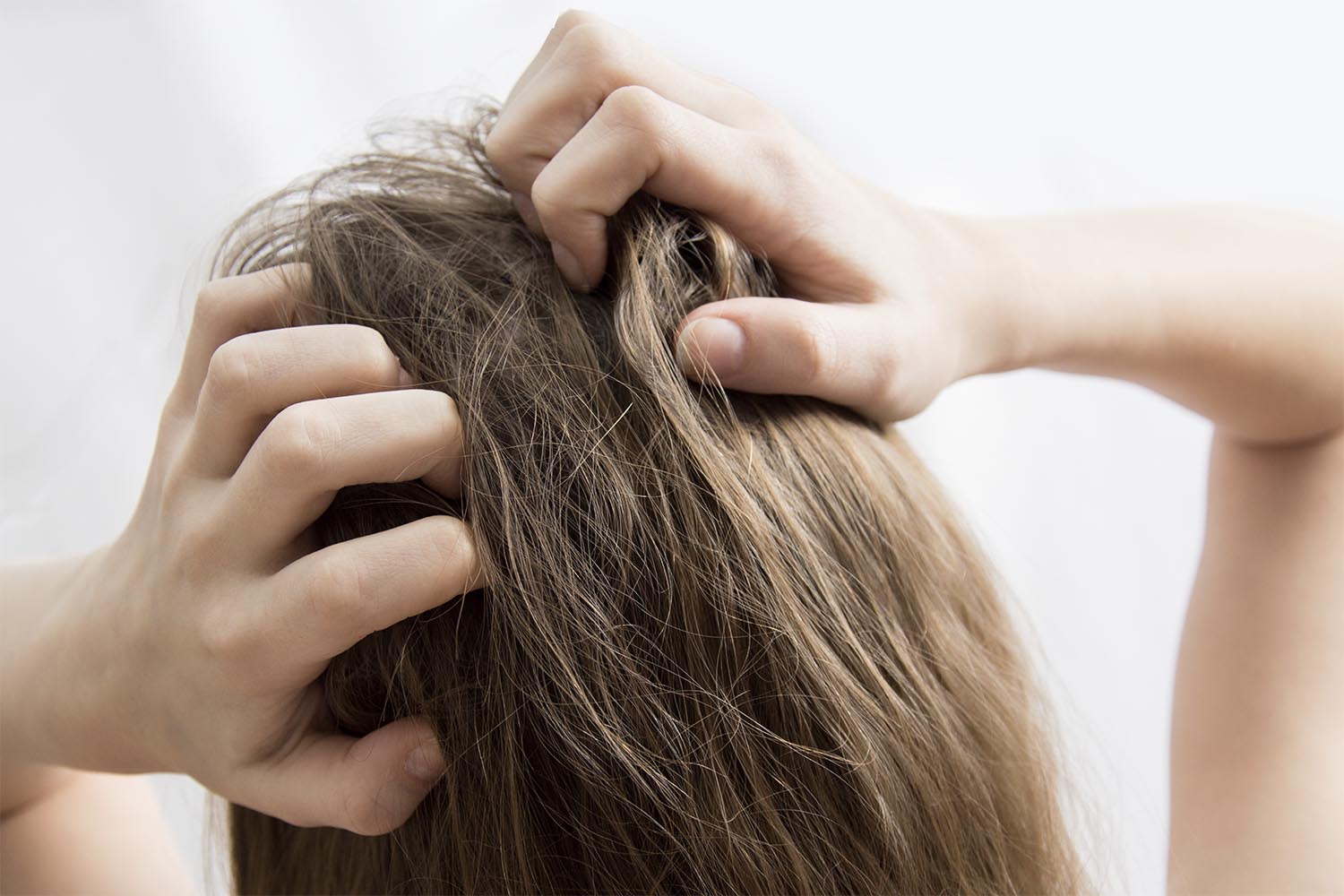The hardness or softness of water can affect the skin so much that some people find their eczema only flares up in certain towns in the UK!
And it’s not just personal anecdote: one study found that UK primary-age school children who lived in hard water areas were significantly more likely to suffer from eczema than those areas with soft water.
What does hard water do to the skin?
- Hard water contains minerals like calcium and magnesium, which are irritating to the skin: if they get onto dry or sensitive skin they increase the skin’s surface ph level and cause itchiness, sensitivity and inflammation.
- Hard water also makes it harder for soap to lather. Instead of foaming up and washing away easily, it leaves a scummy residue which can be seen on taps and baths. This residue, unfortunately, also gets left on the skin, where it blocks pores and stops the natural oils that skin needs to stay hydrated and robust from doing their job.
- Without those oils to maintain the skin’s barrier function, the skin gets dry and fragile, more open to irritants, which again, in turn, leads to itchiness and further damage to an already sensitive epidermis.
- The soapy/mineral residue which is so hard to rinse away also gets left on clothes, bed linen, towels after they’ve been washed, which means skin is in pretty much constant contact with an irritant substance.
None of this is good news for eczema sufferers: not just the water itself, but also anything washed in it with detergent is going to make their skin more susceptible to dryness and itchiness, and therefore more prone to eczema flare-ups.
Here are our ten top tips for eczema sufferers in hard water areas:
- Wash in warm (not hot, not cold) water
- Rinse thoroughly, every time
- Reduce how long you spend in baths or showers
- Reduce how much shampoo, soap and body wash you use
- Switch to unperfumed alternatives (whether washing detergent or toiletries), made especially for sensitive skin
- Increase your regular use of moisturisers, especially balms and oils
- Soak and Seal: moisturise all over immediately after bathing, every time
- Switch to sulphate and soap-free body washes and shampoos; soap is highly alkaline, and more likely to strip oils from your skin
- Swap your water: if your face is really suffering, use bottled water to wash with
- Splash out?! Consider installing a water softening filter: although research isn't clear about the benefits, anecdotal evidence suggests that they can help.
Balmonds Natural Shampoo & Body Wash
with calendula & chamomile
Balmonds Scalp Oil
with tea tree, nettle, borage & rosemary
